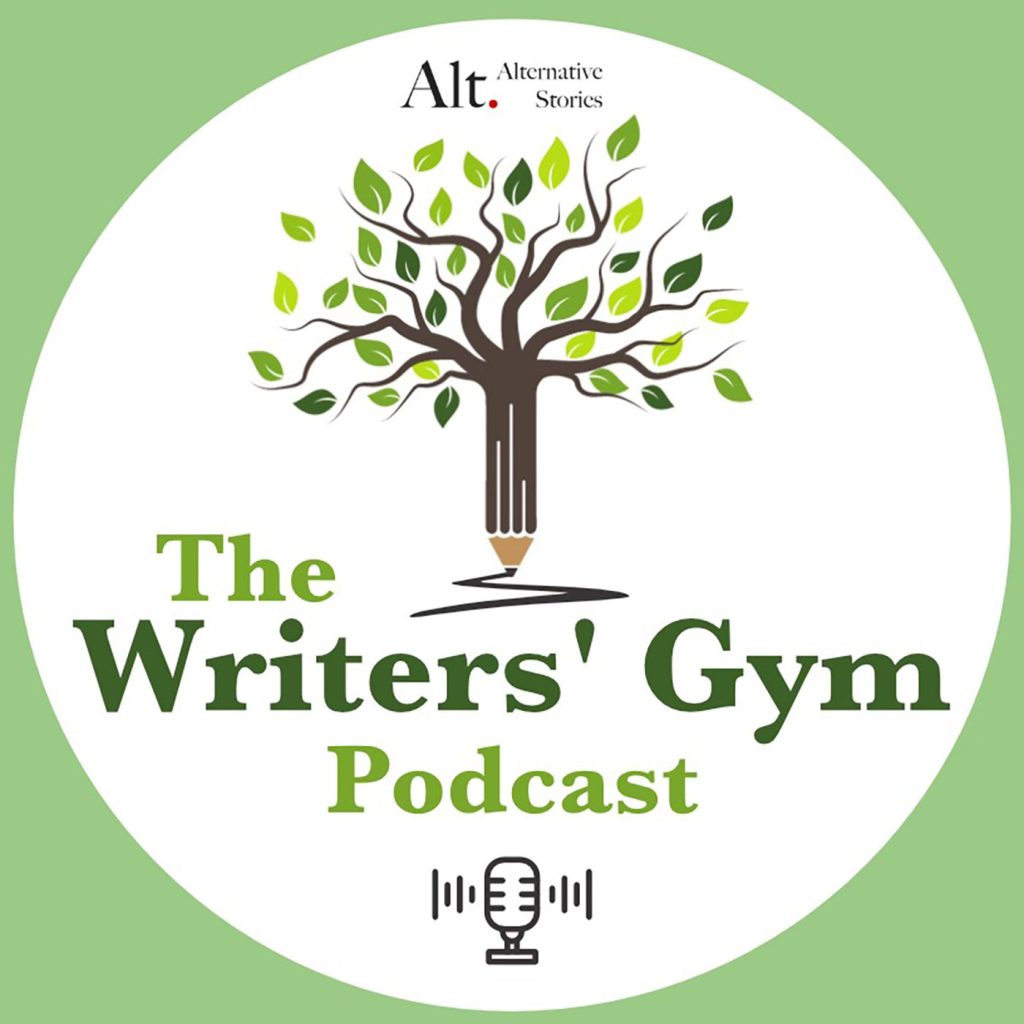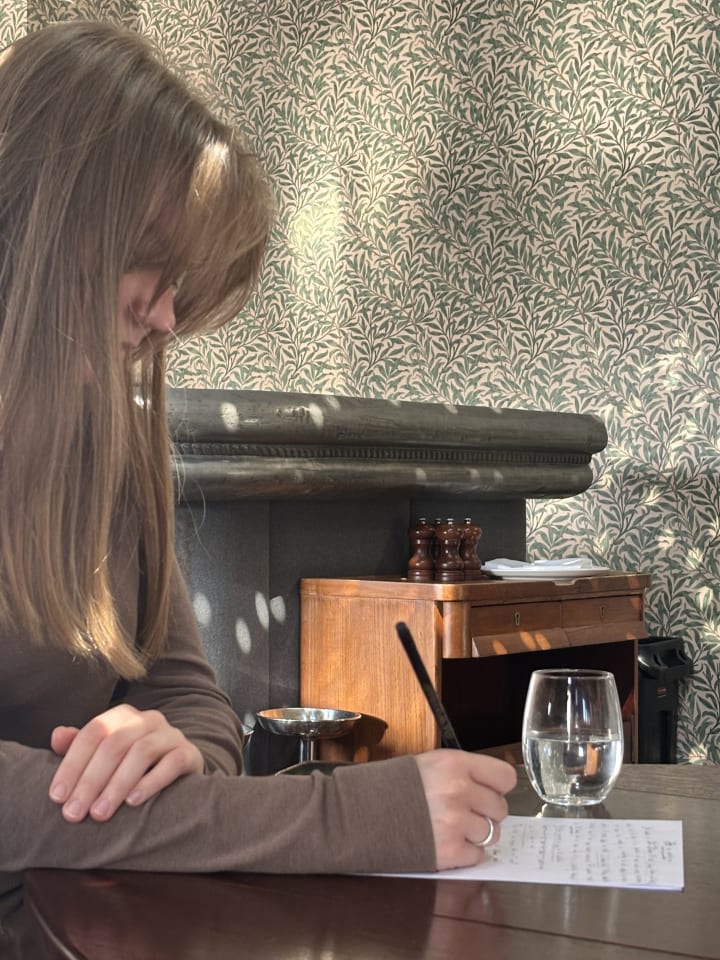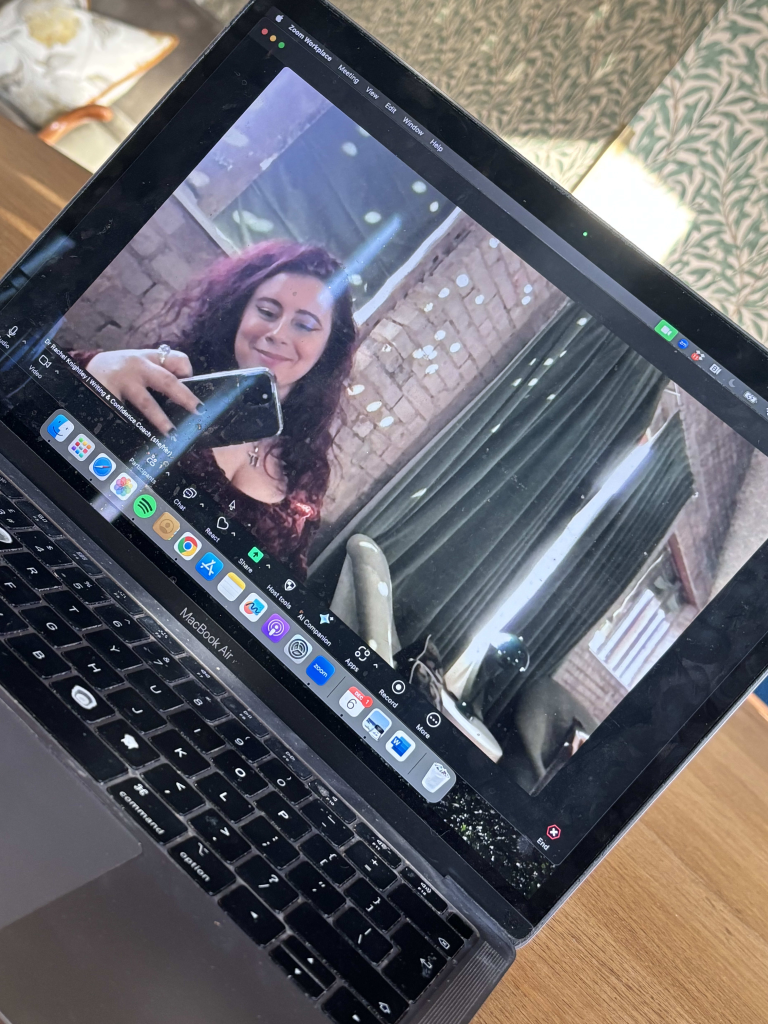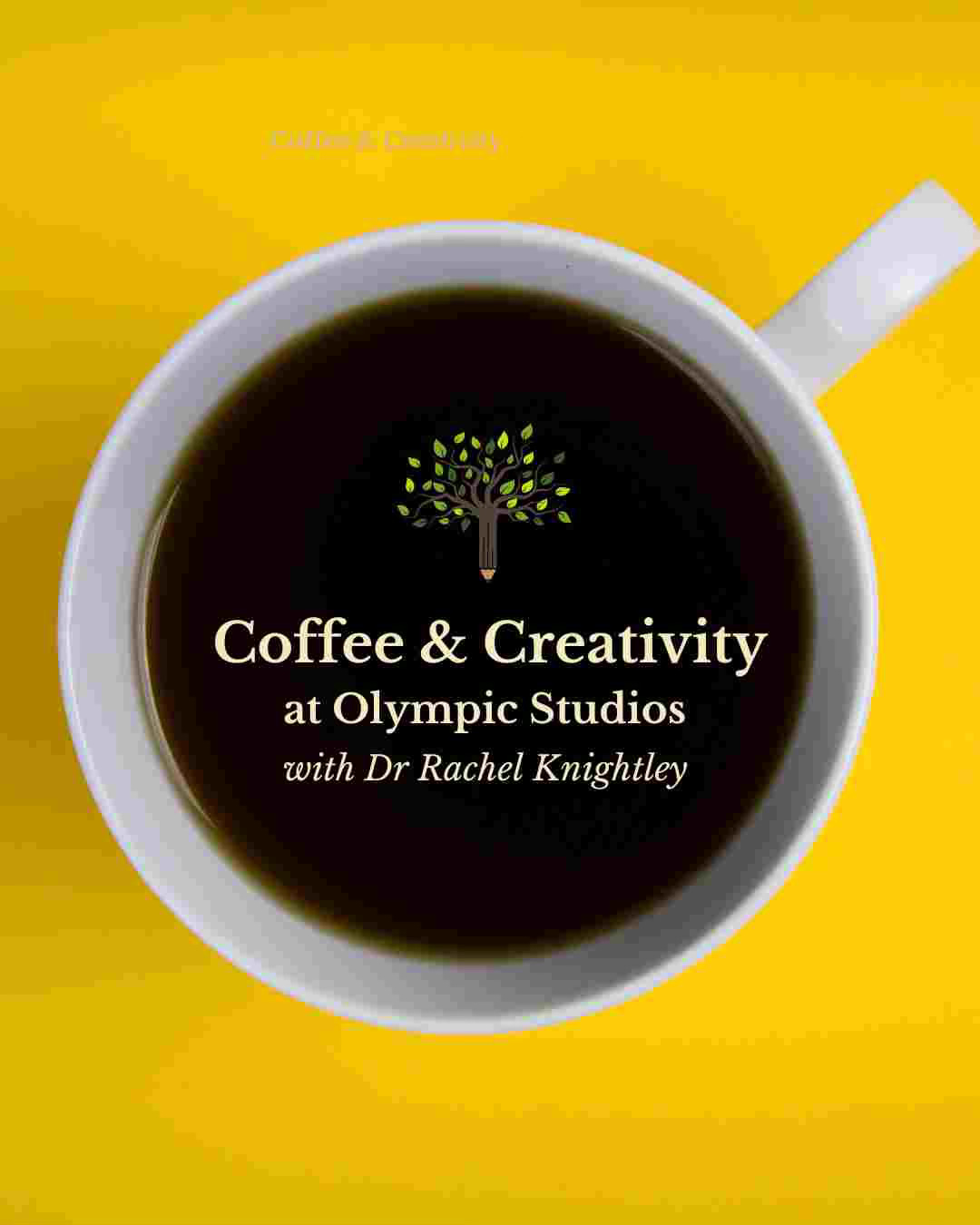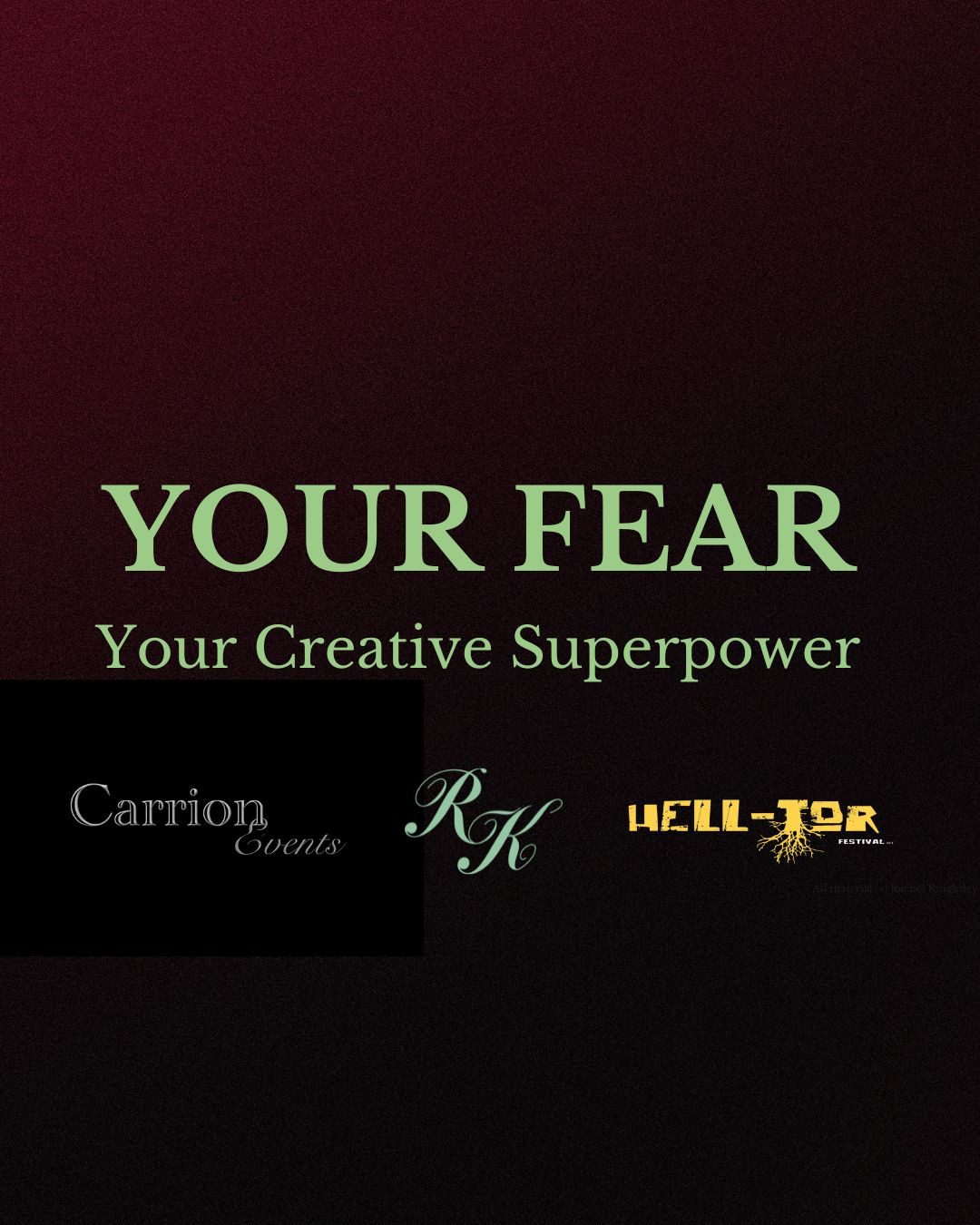I considered posting a retrospective about 2024. Then, I went right on considering it and doing absolutely nothing. Granted, that’s partly the cold I shared with my loved-one over Christmas but that brain-fog was clearing. This fog was made of questions. Would it look like bragging? Would it (simultaneous with the fear of bragging) look pathetic compared to what others have achieved?
Once I caught myself asking myself these, there could only be one meaningful answer.
The reason I realised it was important for me to do it was what I spotted when I went through the photos of 2024. I saw how much had been personally or professionally significant for me, that I’d then discounted. I saw how easy it was to turn reflection into comparison, hide our own progress in the shadows of our idealised versions of others and what they might be thinking; our idealised versions of ourselves and what those selves might or should have done instead, or as well.
I saw how easy it was to turn reflection into comparison, hide our own progress in the shadows of our idealised versions of others
One of my favourite songs (or, depending what mood I’m in, one of the songs that seems to be pointing right at me) is Wish You Were Here by Pink Floyd. Like any time we spot ourselves clearly in the stories of others, it’s not really about me. It’s a human truth that writer’s hit on and in this case one which, released seven years before I was even born, would turn out to be the lesson about myself and living my life I’d eventually be most grateful for.
“So, so you think you can tell Heaven from Hell? Blue skies from pain? Can you tell a green field from a cold steel rail? A smile from a veil? Do you think you can tell?” Gilmour/Waters, 1975
I’ve pretty much always felt, at every stage in my professional and personal life, it’s never been better and it’s never been worse. I’ve never had more going for me and never felt further away from the expected (i.e., let’s face it, idealised) version of myself I thought I was heading for, never more certain that version was finally lost. Wish You Were Here captures an important reminder that now, and not what brought us to it, is what we have to work with. The clearer we are about what we want to do with it, the more practiced we are at recognising avoiding what we fear is not the same as working towards what we want, the less we write ourselves into corners or stay silent on the truths we want to approach – and the more we reach for those truths in the life we want to create.
So here’s my great big thank you to everyone I reached out to this year in work or life, and everyone who reached out to me. I’m enormously grateful and proud to be part of every story here, and every story not pictured. I’m proudest of all to be part of the quietest stories: the Rachel Knightley Coaching clients and Writers’ Gym members who, with the smallest steps, make biggest changes of all. That’s where every story that was once impossible begins. Here’s to every new chapter, on the page and off.
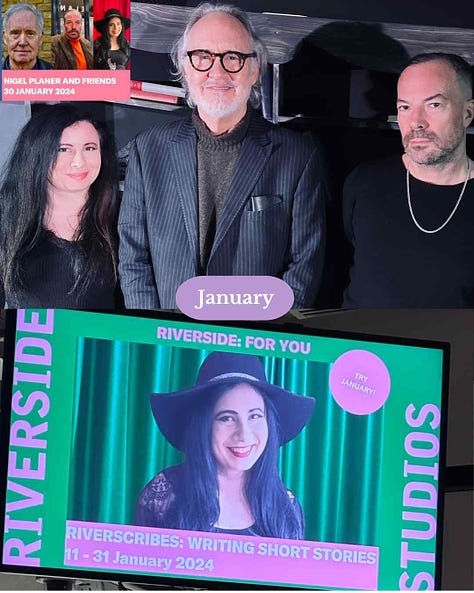
January: Nigel Planer and Friends (the friends being me and filmmaker/novelist Simon Rumley) and Writing Short Stories at Riverside Studios
February: Recording the first of three series of The Writers’ Gym podcast with Alternative Stories creative directors Chris Gregory and Emily Inkpen; my short play Behind the Sofa selected for the Questors Theatre’s QWho night celebrating the 60th anniversary of Doctor Who; one of my workshops on writing and speaking at Olympic Studios
March: Some of my Genre Fiction and Novel Writing students at Roehampton University, and quotes from the podcast and weekly Writing Room
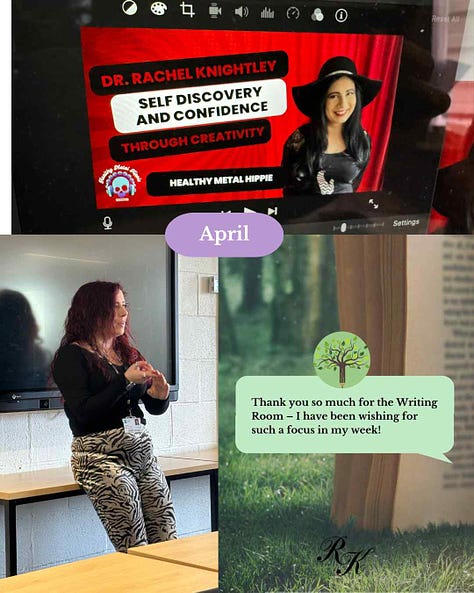
April: My first appearance alongside new Writers’ Gym member and soon-to-be Writers’ Gym podcast producer Ashley Levine; a talk for careers week at Roehampton University and another Writing Room quote
May: Back at Riverside Studios for Your Creative Writing Toolkit
June: My first time voice recording for an audio drama with Alternative Stories
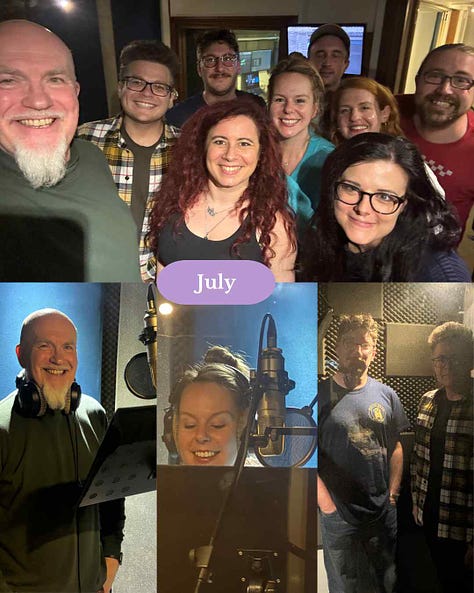
Join us in January:
The Writing Room returns 6 January. Book your free ticket now.
For free weekly Coffee & Creativity, discounts on every workshop including Realise Your Writing Resolutions and Your Creative Writing Toolkit, and to access a vibrant, supportive creative community to build your writing life and grow your creative confidence, request a membership brochure at thewritersgym@rachelknightley.com View our calendar here.
July: With the cast of my first audio drama, Winter Spring, for Alternative Stories at Orpheus Studio, London
August: The Writers’ Gym’s first hybrid writing retreat, at the Groucho Club in London
September: Winter Spring by Rachel Knightley is released by Alternative Stories
October: One of my LAMDA students, Ram, wrote a poem to say thank you after his distinction I n an exam he once thought he would never be able to take. Fantasycon: part of the Dealing with Impostor Syndrome panel and chairing the All About Agents panel at FantasyCon, Chester. Writers and cats taking part in my annual Green Ink Sponsored Write for Macmillan Cancer Support
November: Life as a Freelance Writer at Roehampton University
December: Coffee and Creativity, now online every week and in-person every month
For personal training and creative confidence for life, work and art, email info@rachelknightley.com or visit rachelknightley.com
